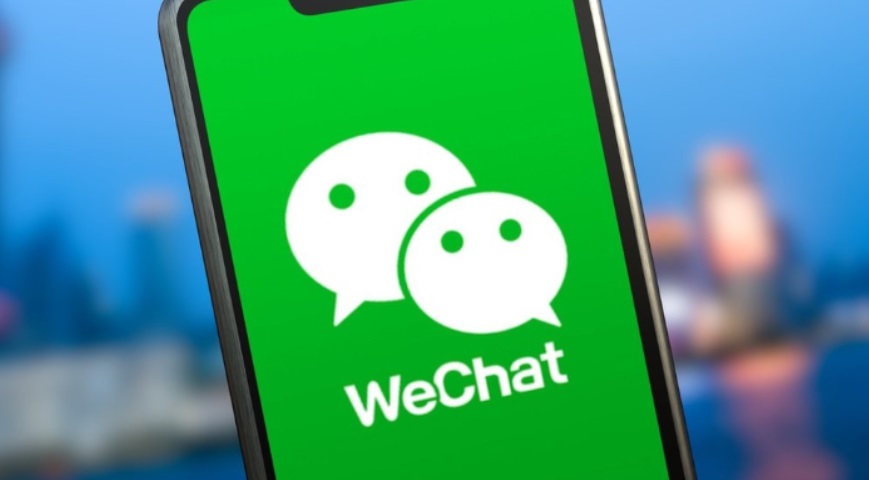
In a move that has stirred diplomatic tensions, Canada officially banned the use of the Chinese messaging application, WeChat, on government-issued mobile devices this Monday. Citing substantial privacy and security concerns, this decision mirrors Canada’s earlier action in February when it prohibited the use of TikTok, another Chinese-owned app, on official gadgets.
According to a statement released by the Treasury Board of Canada, this action comes in the wake of an assessment by Canada’s chief information officer. As reported by Reuters, the evaluation deemed apps like WeChat to “present an unacceptable level of risk to privacy and security.” The board reassured that there wasn’t any evidence of governmental information being compromised but underscored the apps’ potential access to a device’s comprehensive contents.
Reacting to the ban, China‘s foreign ministry expressed its dissatisfaction, arguing that Canada had imposed the ban without concrete evidence. “The Canadian government issued a ban on Chinese enterprises without any real evidence, under the pretense of data security,” noted spokesperson Wang Wenbin during a recent press briefing, adding that this move was a “typical generalization of the concept of national security.”
ALSO READ: China Tightens Control Over Public Mourning for Former Premier Li Keqiang
As Reuters highlighted, China‘s response strongly implied that they perceived the ban as an act of undue discrimination. Wang Wenbin emphasized the need for Canada to “discard ideological prejudices” and ensure a “fair, just and non-discriminatory business environment” for Chinese companies.
In their defense, the Treasury Board of Canada clarified their position by stating that the decision was taken “to ensure that government of Canada networks and data remain secure.” This is seemingly in harmony with the stance of some international counterparts, although the exact countries were not specified.
Although Kaspersky, a Russian antivirus program, also faced the ban and voiced its objections, the spotlight remains predominantly on the WeChat prohibition due to the ongoing global discourse surrounding Chinese tech firms and data privacy.
As of now, WeChat has yet to issue a comment on the situation. However, with rising global scrutiny of Chinese technology applications and their data-handling practices, debates like this are likely to persist.
The ban, as mentioned by the Treasury Board, will be enforced starting Monday, preventing further downloads of the app on government devices and marking another chapter in the unfolding narrative of tech, privacy, and international diplomacy.






